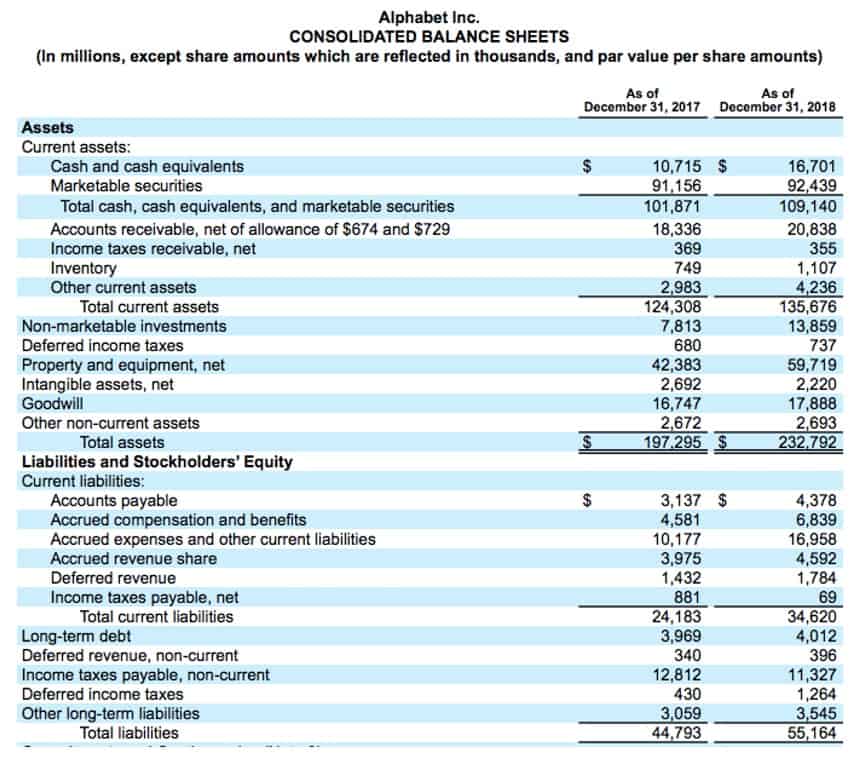Contents

Law firms often benefit from using practice management programs with legal-specific accounting tools. There can be a considerable amount of money sitting in a trust account throughout the duration of handling client funds. Let’s suppose a client receives a large settlement during a case; it won’t go straight into their pockets. Instead, it will first go into the trust account so that the attorney can deduct fees, third-party claims, and expenses. Before IOLTA came about in the early 1980s, trust accounts were to be put into non-interest-bearing checking accounts since lawyers were not to benefit from their clients’ money.
Serving Clients at the Following Locations
Review the Characteristics and Risks of Standardized Options brochure before you begin trading options. Options investors may lose the entire amount of their investment or more in a relatively short period of time. Use a savings, checking or CD account you already have with us, or open a new one in the name of a Trust. You can delay access to assets until your beneficiaries reach Bookstime a specific age or goal.

Don’t Report Deposits as Income
- You must maintain a strict separation between trust assets and your own assets, including when reporting income.
- Simply put — a client trust account is a way to separate client funds from law firm operating funds.
- For example, banks should not charge bad check charges, maintenance fees, or other incidentals of the client’s trust money.
- We highly recommend electronically managing all trust fund accounting to avoid the mistakes of hand-written records.
- As an aside, this interest is used to fund legal aid programs and other charitable activities.
- However, there’s plenty of room to optimize an attorney’s trust account process and avoid common pitfalls.
You must first move the earned funds to your business account to pay for operating expenses. Until the funds are considered “earned” an attorney may not under any circumstances borrow funds from an IOLTA account. (“the Bank”) offers various banking, advisory, fiduciary and custody products and services, including discretionary portfolio management. Wells Fargo affiliates, including Financial Advisors of Wells Fargo Advisors, may be paid an ongoing or one-time referral fee in relation to clients referred to the Bank. In these instances, the Bank is responsible for the day-to-day management of any referred accounts. If you’ve made the switch to e-payment from traditional paper checks, then you may not pass the payment fee to the trust account.
Don’t miss these offerings from the Accountants Law Lab team!

The ABA advises that the most ideal arrangement is to have only one authorized signer on the trust account. It’s a lot of responsibility, but it can also eliminate potential problems down the line. When making this decision, it is vitally important that you review the rules in your state, particularly if you are thinking about selecting a non-lawyer. You should also consider the fiduciary duty that comes along with handling client funds.

d) Compliance with Legal and Ethical Rules

This separation is crucial to avoid any misuse of funds and to maintain clear financial boundaries. Make sure it tracks funds going in and out of the client trust accounts and remains compliant with your state bar rules. You should be able to check your firm’s financial records and progress at any time, so you attorney trust account can make informed decisions for your clients and your firm. The good news is this can be alleviated by using sophisticated legal practice management software. Clio’s legal trust accounting management software makes IOLTA easy for lawyers. You get peace of mind knowing you’re compliant and your clients get the best version of you working on their case.

- Our cloud-based law firm accounting software houses your firm’s financial data in one platform.
- Here are a few best practices for you to remain compliant with your client trust accounting.
- LawPay, known for its reliable and secure payment solutions tailored for legal professionals, offers a robust platform that can significantly simplify your trust accounting process.
- With us, you can open a deposit account for a revocable or irrevocable Trust.
- Trusts, on the other hand, provide privacy as they don’t become a public record like wills.
- When managing IOLTA accounts, be sure to always seek expert advice and partner with legal technology companies that prioritize stringent compliance with industry regulations.
- While this may seem like an unnecessary step, failing to enforce a strict distinction between client trust accounts and business accounts can lead to significant issues with trust accounting down the road.
Now that you have an idea of what trust accounting software is, let’s dive into the key unearned revenue features and functionality your firm should look for when choosing a trust accounting software. When a lawyer obtains a large sum for a client, they usually deposit this money in a trust fund that accrues interest. When lawyers obtain a smaller sum, they can place it into a pooled trust account. Additionally, attorneys might turn to more generalized accounting solutions like QuickBooks Online or Xero for managing their financials and record keeping, rather than Excel spreadsheets. That’s because any trust account update made in Clio will be automatically updated in QuickBooks or Xero. A retainer fee payment, personal injury settlement, and insurance payout—these are all situations where a lawyer needs to use trust accounting.


